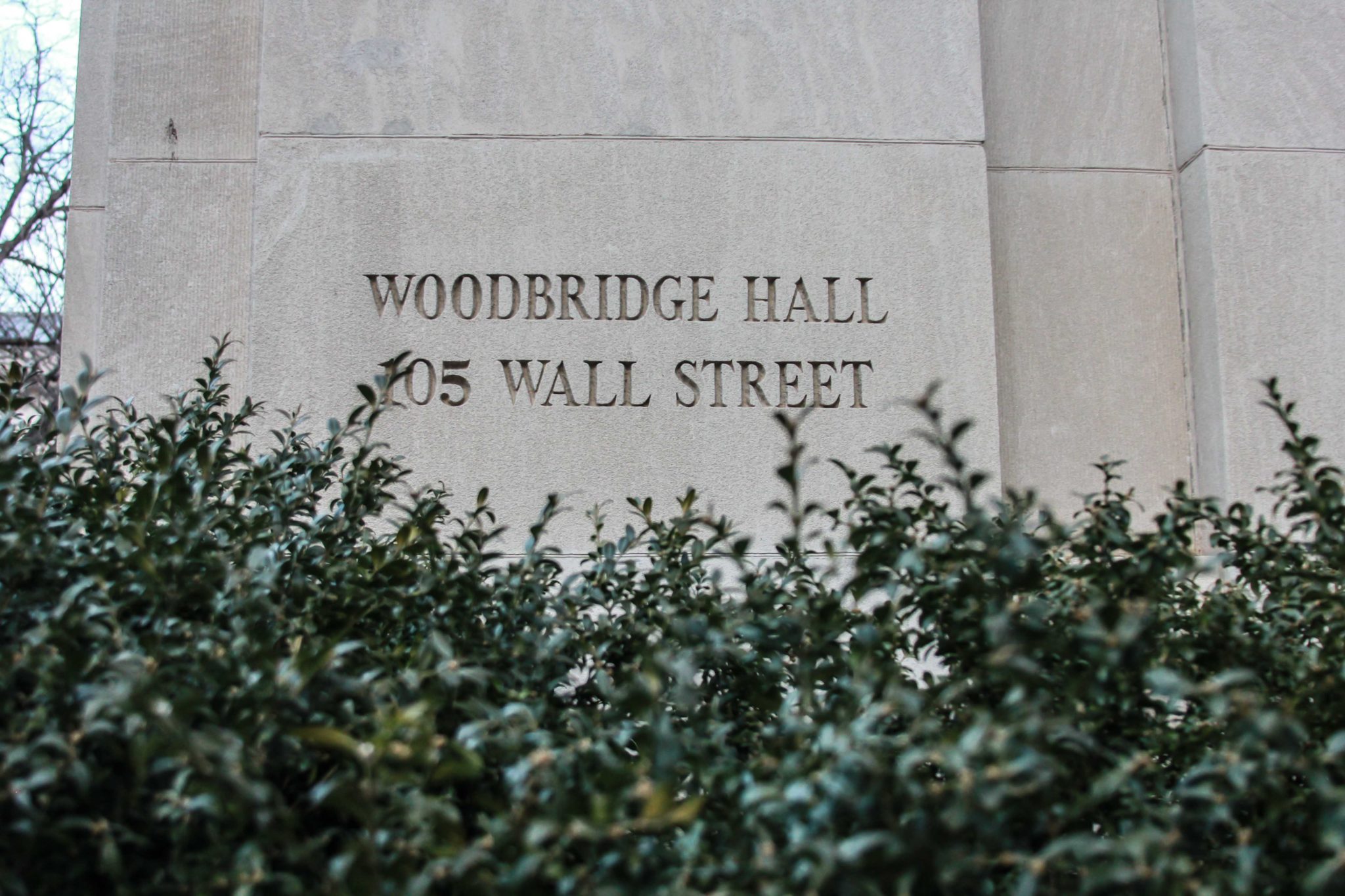
The Yale Corporation weighed faculty recruitment and retention, public policy research and business strategy among other long-term institutional priorities at its most recent meeting this month, according to University President Peter Salovey.
Salovey, along with the Corporation’s 16 other regular members, are in the process of planning for the University’s first major capital campaign in over five years — and the first in Salovey’s tenure as president. In order to identify specific academic objectives for the University, Salovey and the trustees devoted most of the meeting, the fourth of five Corporation meetings in 2017, to discussing long-term institutional planning.
“The focus was still primarily on strategy,” he said. “We talked a lot about the crucial nature of hiring, developing and maintaining fantastic faculty as the activities that underlie virtually everything involved in accomplishing my academic priorities.”
One of the University’s principle long-term objectives is continuing to attract talented faculty members to Yale. Salovey and the trustees invited deans from across the University’s schools to the meeting to speak about the obstacles they face in recruiting and developing faculty.
Salovey said he and the trustees also discussed the role of mentoring programs for faculty members early in their careers and brainstormed how to leverage the University’s location in Southern New England to attract faculty members and their families to Yale.
This moment of self-reflection arrives just months before the Corporation begins its first institutional review in almost a decade. In addition to that review, University Provost Benjamin Polak and Salovey asked Dean of the Humanities Division Amy Hungerford to form a committee to consider academic priorities in the humanities. And in January, Polak chartered the University Science Strategy Committee to propose a set of ideas to develop Yale’s sciences.
“[The University Science Strategy Committee] is just one part of that structure in identifying academic priorities for the next five to 10 years,” said Vice President for West Campus Planning and Program Development Scott Strobel, who chairs the committee. “It’s part of a big full breadth of strategic thinking.”
Last weekend, the trustees toured newly renovated or constructed science facilities, such as the Wright Laboratory, which is used for nuclear, particle and astrophysics research and previously housed the University’s tandem accelerator.
With major reviews underway in both the sciences and humanities, Salovey also plans to develop organizational strategies for the University’s public policy offerings.
Many of the University’s social science divisions have already undertaken job searches, which lend themselves to the development of such public policy research, Gerber said in an interview with the News last month.
“We have a significant amount of [faculty] searching in the data sciences,” said Alan Gerber, dean of social sciences, who presented to the Corporation last week. “Some of the searches in data sciences should be very likely to lead to individuals who are able to fulfill that aspect of President Salovey’s vision.”
At the meeting, Salovey said, the Corporation also sat for a presentation from University Chief Investment Officer David Swensen and discussed the role of the University’s business office in supporting research and teaching.
Historically, trustees have taken a retreat off-campus each October to deliberate on long-term strategy. But the Corporation gathered in Woodbridge Hall last week so trustees could attend the dedication ceremony for Pauli Murray and Benjamin Franklin colleges on Prospect Street. For many of the trustees, the ceremony marked the first time they traversed the freshly manicured courtyards of the new colleges since students moved into the new facilities.
In March 2017, Salovey committed to sharing key insights gleaned at each of the Corporation meetings with local press, along with several other transparency initiatives launched by the Corporation to facilitate communication between the Yale community and its governing body.
Hailey Fuchs | hailey.fuchs@yale.edu







